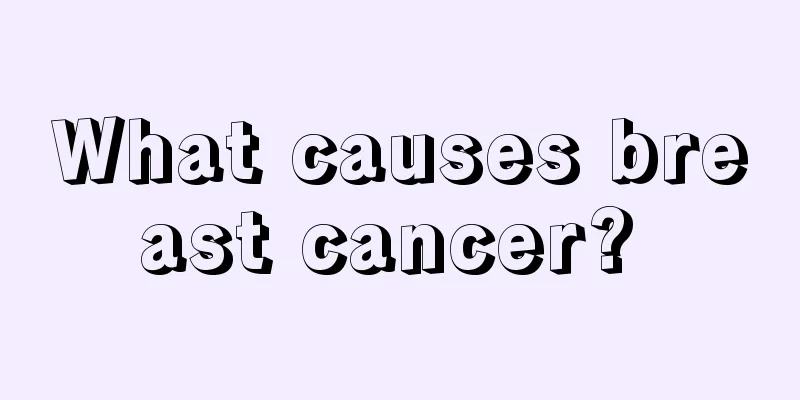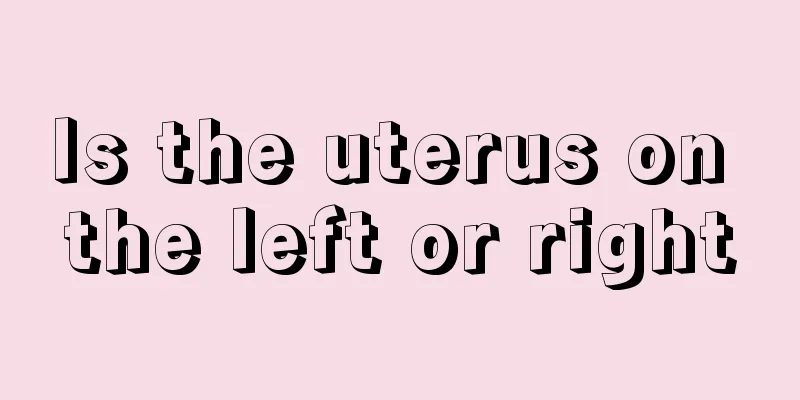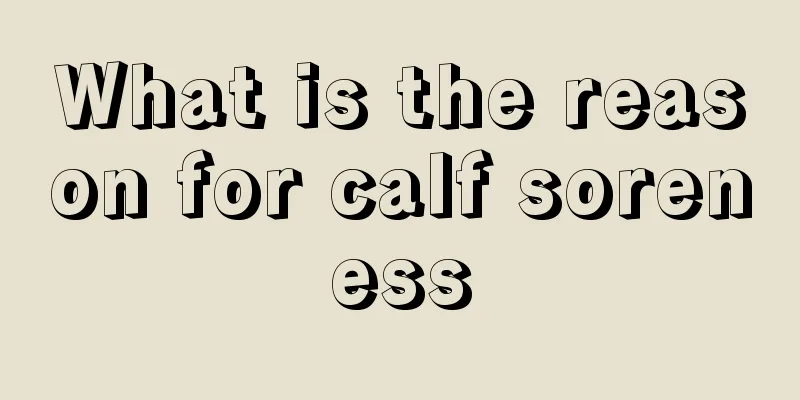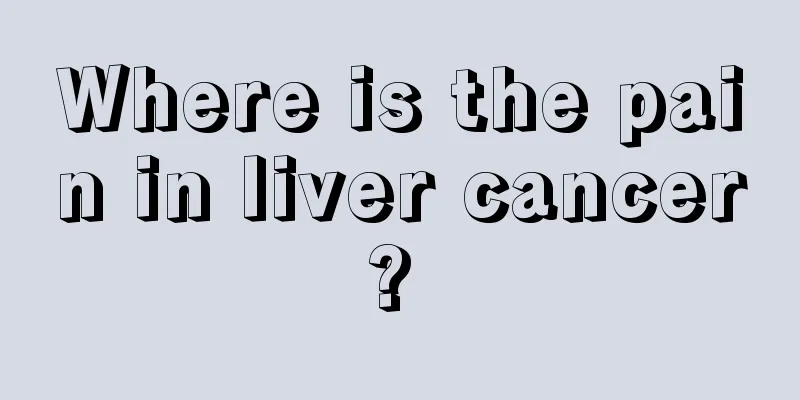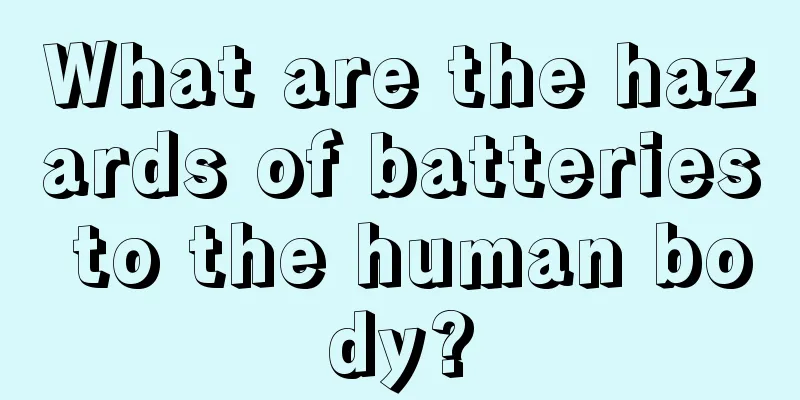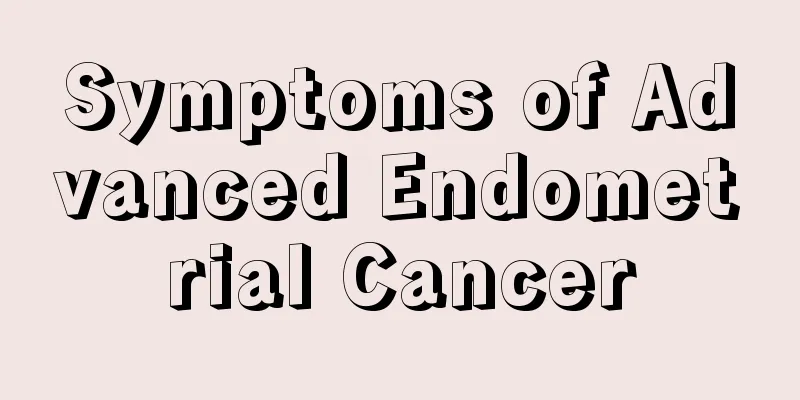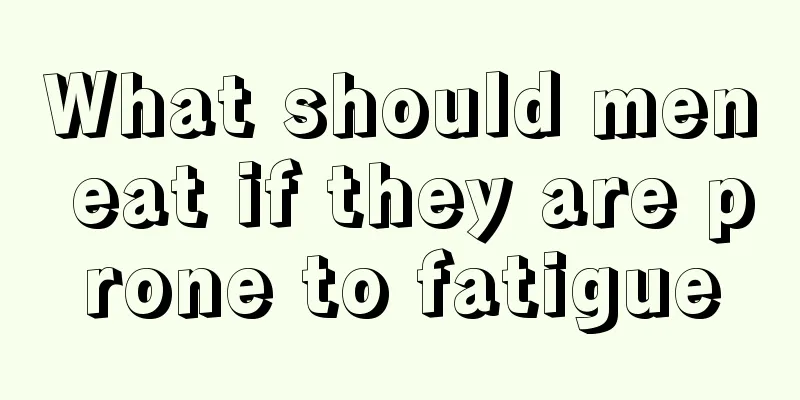The headache when waking up from sleep was caused by this reason

|
In daily life, many people are prone to headaches after waking up from sleep, which will make the whole brain restless and affect normal life. There are many reasons for causing headaches after waking up from sleep. Generally, it is caused by sleeping too long or catching a cold. Stimulation of the brain can also easily lead to headaches after waking up from sleep. Why do I have a headache when I wake up from a nap? No regular nap Some people have no habit of taking naps at all. Suddenly one day they start taking naps. At this time, their own biological clock is destroyed, and biological clock disorder occurs, leading to dizziness and headaches after the nap. Be sure to pay attention to safety and don't stand up and walk around immediately after waking up. Gradually develop the habit of taking naps and form a new biological clock, and this situation will gradually disappear. Sleeping too long If you sleep too long, especially more than two hours, your brain will be over-relaxed. If you wake up suddenly, it will be a stimulation to the brain. Headache is a normal stress response. Therefore, the right nap time is also very important. Head cold during nap Especially in the hot summer, people are very greedy for coolness. During naps, many people like to use fans or air conditioners, or even face the air outlet directly. This will cause a lot of cold air to the head and cause headaches. Therefore, it is recommended that you turn off the air conditioner when taking a nap, do not sleep facing the fan, and do not sleep outdoors. Listen to music during nap Many friends think that listening to music with headphones can avoid external interference. In fact, music is also a kind of noise. This noise has been interfering with the brain's rest. You think you are resting, but in fact your brain is still in an active state. In fact, you have not achieved a good nap effect. Naturally, you are prone to headaches after waking up. Covering your head during nap If you cover your head while sleeping for a long time, the oxygen will be reduced; and your whole body will easily become hot, and the excess heat cannot dissipate, which will affect your head and cause a headache after waking up. What to do if you have a headache after taking a nap Apply a hot compress to your forehead or wash your face with warm water After a nap, you can use a hot towel to apply directly to your forehead, which will help relieve headaches. Apply gentle pressure while applying heat. Washing your face with warm water can clear your mind. Massage the acupuncture points The Baihui point is located in the center of the top of the head, the temples are on both sides of the forehead, and the Lieque point is on the inside of the wrist. You can massage these acupoints to relieve headaches. You can apply some cooling oil when massaging the temples. Simple activities After waking up from a nap, you can go out for a jog, or take a slow walk, or do some simple exercises to keep yourself awake for a few minutes, which is very helpful in relieving headaches. Tea for headache relief Hot salty lemon tea: Cut 1 to 2 slices of fresh lemon, add a little salt and mix with boiling water, then you can drink. Pay attention to nap time Pay attention to the time during your nap. 15 to 30 minutes is most appropriate, and it is best not to exceed an hour. Too long a time may cause headaches. If headaches occur for a long time, you should seek medical attention promptly and receive appropriate medication. Who is not suitable for taking a nap? Taking a nap is not suitable for everyone. Some people pay great attention to resting at night and are not used to taking a nap, which has no effect on health. However, there are three types of people who are not suitable for taking a nap: First, for people over 65 years old or overweight by 20%, taking a nap will increase blood viscosity and easily cause blood vessel blockage; Another type of person is someone with very low blood pressure. During a nap, their blood pressure will be relatively lower, making breathing more difficult. The third type of people are those who have serious blood circulation system disorders, especially those who often feel dizzy due to narrowing of cerebral blood vessels. Because after lunch, the blood in the brain will flow to the stomach, blood pressure will drop, and the oxygen supply to the brain will decrease. If these people take a nap at this time, they are likely to suffer a stroke due to insufficient local blood supply to the brain. In addition, people with insomnia problems should also avoid daytime naps. If you can't take a nap at noon, do other relaxing things, such as listening to music, etc., to keep yourself in a good state of relaxation and better prepare for work and study in the afternoon. |
<<: What causes a slow heart rate?
>>: How to treat raised surgical scars effectively
Recommend
What to do if cherries have bugs
It is quite common to find bugs in cherries. Thes...
Symptoms of renal failure
The kidneys are related to the health of many fun...
The harm of Bian Puyu
Summer is here. Many people like summer because t...
Nutritional anemia has these symptoms
As more and more patients with nutritional anemia...
The harm of walking too early after a fracture. The harm of walking too early after a fracture.
As we all know, it usually takes three months to ...
What are the various examination methods for tongue cancer
What are the various examination methods for tong...
What to do if your calves ache after climbing a mountain
Modern people usually have a lot of work and life...
How much beer is appropriate to drink
Although beer is brewed from grains, drinking bee...
Is it good to take multivitamins every day
Multivitamins are a relatively good nutritional s...
What is the best way to treat hamartoma
When it comes to hamartoma, I believe many people...
What to do if the toothpick breaks in the card slot
More and more people are using mobile phones now,...
What to do if you have nosebleeds in the late stage of liver cancer? You can use medicine to treat it
For many patients with liver cancer, facing the c...
Let's analyze the typical symptoms of melanoma
Most people know little about melanoma. Clinicall...
How to cure endometrial cancer
Clinically, many people do not pay attention to t...
How to prevent small cell lung cancer for children
How to prevent small cell lung cancer for childre...

